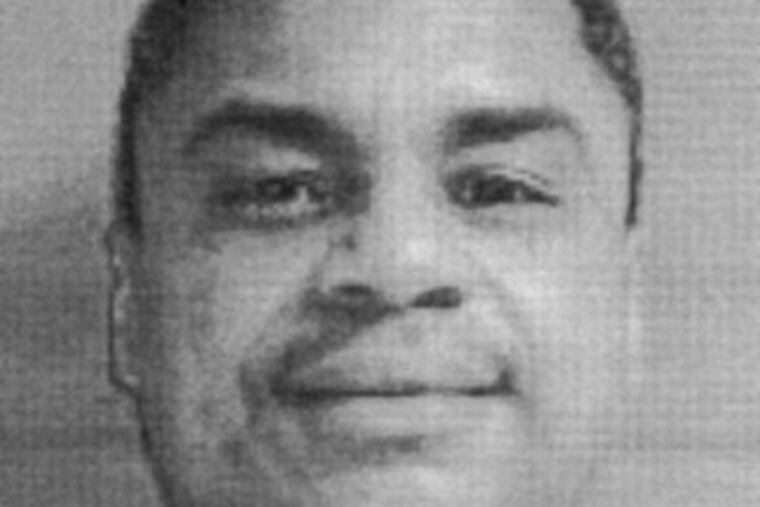Inquirer Editorial: Time to call off Terrance Williams' execution
The case for sparing the life of condemned killer Terrance Williams has never been more compelling than now, just days away from his scheduled appointment with Pennsylvania's executioner.

The case for sparing the life of condemned killer Terrance Williams has never been more compelling than now, just days away from his scheduled appointment with Pennsylvania's executioner.
Working along two tracks, Gov. Corbett and the courts still have a chance to head off an irreversible injustice - and what would be the state's first execution in a half-century of someone who had not given up on appealing his death sentence.
The first opportunity comes Thursday, when the state Board of Probation and Parole is set to review its rejection of Williams' clemency bid. New evidence that weighs heavily in Williams' favor should be more than enough to convince two board holdouts to recommend commutation by Corbett to a life sentence.
Those revelations, coming in the last week during hearings before Philadelphia Common Pleas Court Judge M. Teresa Sarmina, establish that prosecutors should have given Williams' defense information that might have mitigated his sentence for killing a city man, Amos Norwood.
The disclosures support Williams' claim that he murdered Norwood after years of sexual abuse by the victim. Along with testimony from Williams' accomplice and chief accuser that he was pressured into portraying the killing solely as a robbery, some jurors in the 1986 trial have said they didn't know they could have sentenced Williams to life without parole as an alternative.
Whatever the pardons board decides, Sarmina has a clear duty when she convenes her court on Friday to enter what will be a historic ruling that would halt the Oct. 3 execution.
Presiding with methodical determination, the judge is herself a witness to how Williams, 46, was shortchanged by the state's flawed system of capital punishment. It's a system long prone to error, and known to put poor and minority defendants at greater risk of the death penalty.
Indeed, the legal twists and turns in this case - not to mention the endless appeals and court costs - make it a prime example of why the state should scrap the death penalty.
Williams was found guilty in not one, but two, murders, but the rallying cry for mercy for him includes even Norwood's widow, as well as religious leaders as senior as Philadelphia Catholic Archbishop Charles J. Chaput.
Equally compelling, a blue-ribbon panel of legal experts tasked by the Pennsylvania Senate to do an exhaustive review of the death penalty has called for a moratorium on all executions until it finishes its important work.
Williams must not be forced to keep an appointment before that.